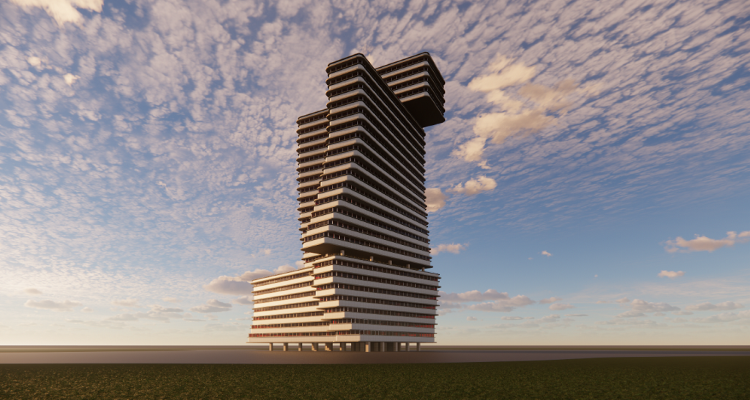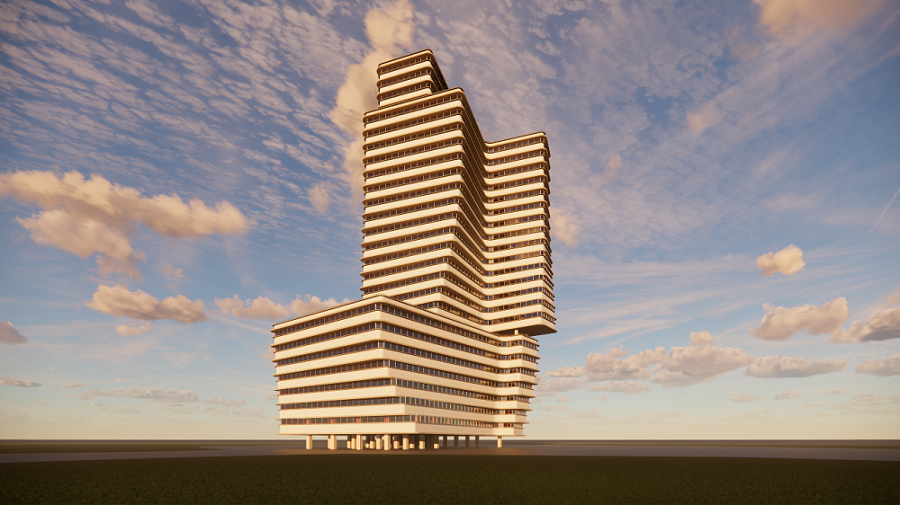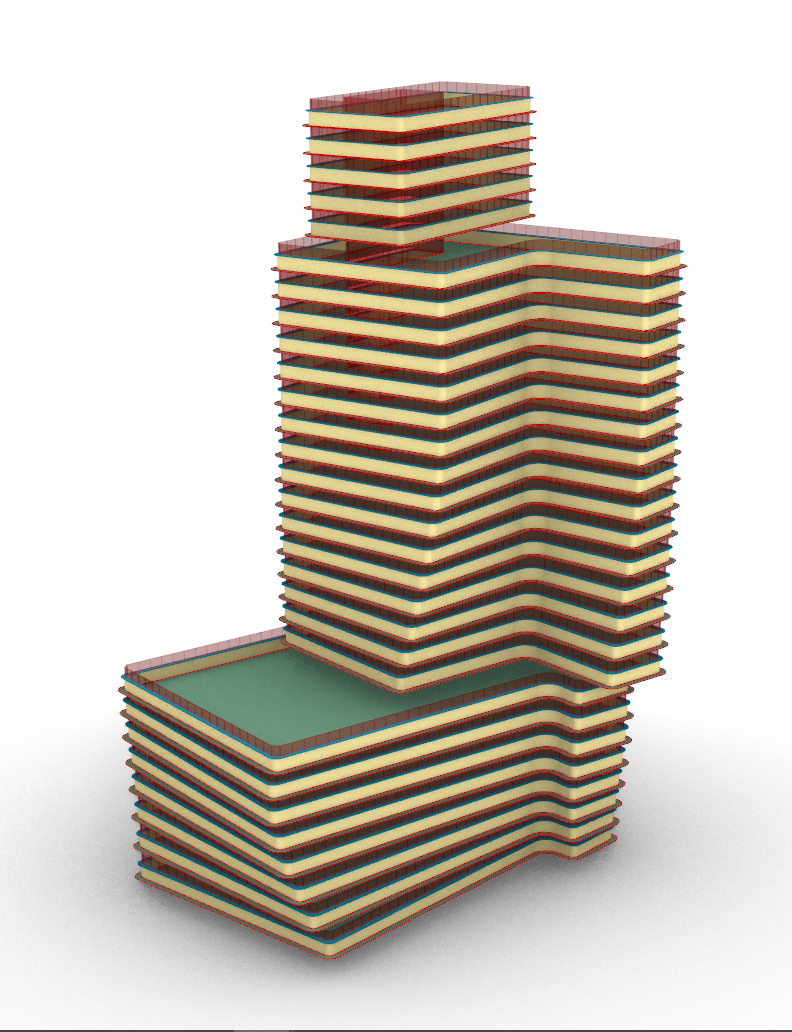Technical Area | Articles
The place to solve all your BIM doubts
IMPLEMENTING DESIGN AUTOMATION IN BIM
Algorithm and Programming Workflows in Building Design
BIM Implementation 3D / VDC Workflows
What makes a design process efficient and reusable is it's consistent ability to provide optimum results in a lesser time. This is the leverage Design automation in BIM have over the traditional methods and workflows involved in the design of buildings.
The power of Algorithm and Computational design laced with programming workflows as a vital part of Building Information Modeling; has been consistently utilized by designers to deliver projects at a time close to the speed of light.
Their Applications span through many disciplines within the AEC i ndustry which includes; Architects, Engineers, Contractors, Quantity Surveyors, Urban planners, Landscape Designers and many more.


The essence of Design automation to any profession where it applies, is to greatly reduce design time which would in turn reduce the time contractors need to implement the design on site.
Some of the trending tools used by industry practitioners to implement this powerful and time efficient design process includes; Dynamo for Revit, Grasshopper for Rhino, Python Scripting, C# Scripting and many more.
In the above displayed project, Grasshopper for Rhino was used as the Algorithm tool to automate every component of the BIM model.
WORKFLOW EXPLAINED
- Created a conceptual model of the proposed building in Rhinoceros 3D. This is a typical 3D solid form of the model without any special features. Revit was used as the BIM authoring tool
- Imported the conceptual model into Grasshopper for Rhino using the Geometry container.
- Created floor profile boundaries from the conceptual 3D form and played around floor boundary rotations using the 'Graph Mapper' component in grasshopper
- Still using the same 3D form, I created other building components such as the lift pit, perimeter wall, curtain wall and internal wall boundaries which changes position with varying input parameters. A number of Python scripts were developed to compress long algorithms workflows in Grasshopper.
- With the Revit plug-in installed in grasshopper, Revit elements were created using the grasshopper geometry curves, boundaries and surfaces. Model element materials were also specified in Grasshopper.
The future of design in the AEC industry is automation. This is because every client wants their projects realized as fast as possible and this is one process that helps achieve that. Also, unnoticeable mistakes during designs of high rise buildings would be greatly curbed.











